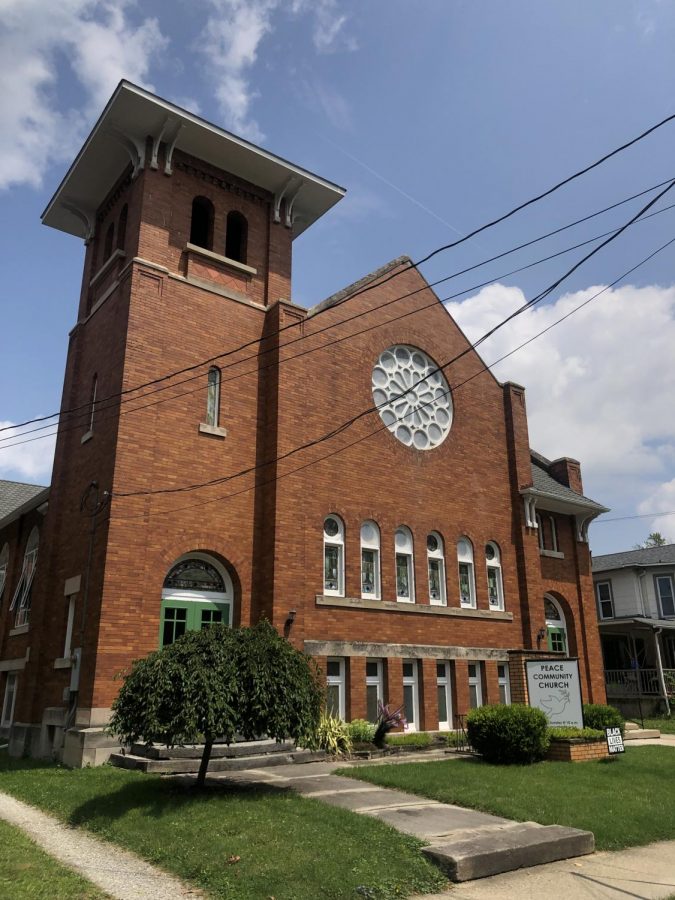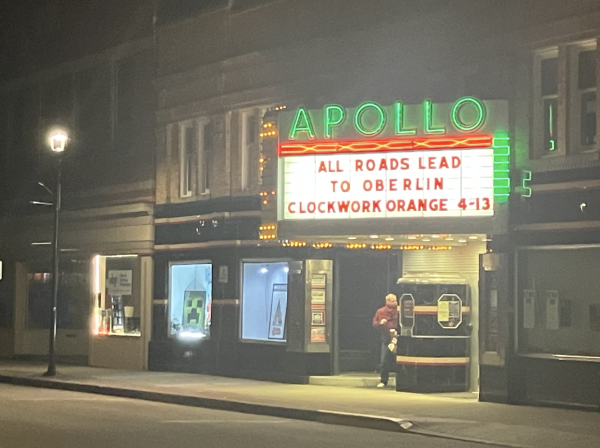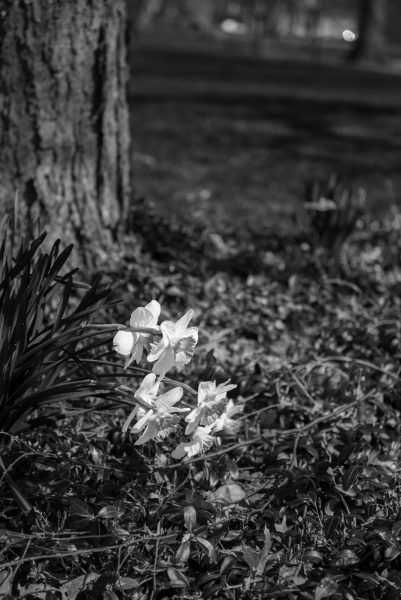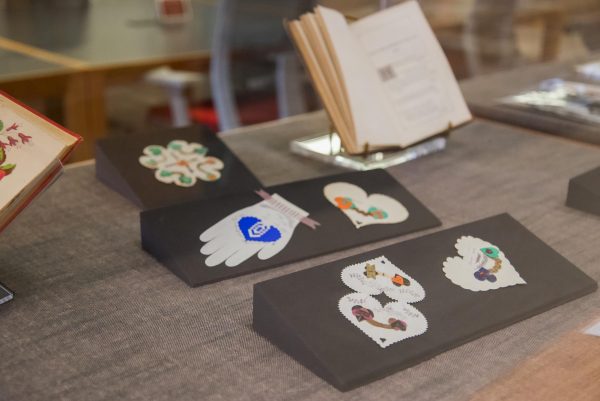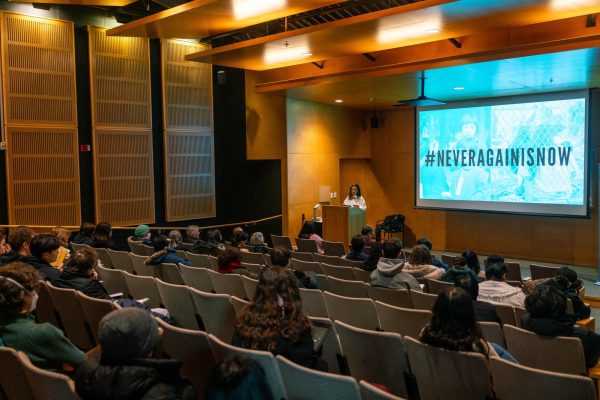Oberlin Churches Adapt to Changes in the Pandemic
Many religious communities across the country have had to alter their means of congregation in order to maintain safety during the COVID-19 pandemic — and Oberlin churches are no exception. Now, with vaccinations widely available and COVID-19 mandates largely relaxed in the state of Ohio, many churches in both Oberlin and the greater Lorain County have begun facilitating the switch from online-only to hybrid services. Others, however, have opted to remain online, motivated to preserve the safety of their communities in light of concerns surrounding new COVID-19 variants and a vaccination rate of only 50.49 percent in Lorain County. Regardless of their adaptive strategies to imminent societal changes, many of these churches have emerged from the pandemic with a deeper understanding of the breadth of their communities.
At Peace Community Church, a small Baptist congregation on East Lorain Street, Reverend Erica Saunders faced new challenges at the start of the pandemic as her church adapted their services to Zoom.
“I was not trained to be tech support in seminary, so that was a lot of on-the-job learning for me,” Saunders said.
Though it took some adjustment to meet church members’ need for assistance in navigating video conferencing software, Peace Community Church’s switch to online services allowed Saunders to reflect on the lifeforce of her community.
“We’ve been reminded, I think, that church really is the people,” she said. “It’s not the building or a particular location — it’s all about individuals coming together to love each other, love our community, and to be of service to one another.”
Peace Community Church began to discuss the possibility of a partial return to in-person services under a hybrid model several weeks ago, but these conversations were abruptly interrupted when the building’s ceiling plaster collapsed. The ceiling’s disintegration, in tandem with ongoing COVID-19 concerns, have necessitated the continuation of Zoom-only services.
“We strive to love our neighbor by keeping everyone safe and healthy,” Saunders said.
Oberlin House of the Lord Fellowship experienced the disruption of COVID-19 in an especially inopportune moment, having recently relocated from a member’s home to a new church building. They began holding services on Zoom and continue to till date.
Similar to Saunders, Reverend A. G. Miller was affronted with technical challenges during the adjustment period, specifically citing the difficulty in preventing notorious “Zoombombers” from disrupting services. Despite these difficulties, logistical learning curves were menial in comparison to the emotional weight in providing help and resources for community members coping with grief.
“We’ve had a couple of deaths in our congregation,” said Miller. “That was really tough to navigate — to support the families, to have the funeral services. … One passed a year ago in April, and we did not have that funeral service until Labor Day weekend last year in an outdoor space. We had to think through how to help people to mourn and grieve and process.”
Oberlin House of the Lord Fellowship’s have chosen to continue holding services online in order to protect their community.
“Roughly half of the folks that we are in conversation with, are walking past, are vaccinated,” said Miller. “The other half are not, so we’d rather be on the side of caution.”
Mount Zion Baptist Church of Oberlin took a different approach to the hybrid model. They started holding weekly services on Facebook Live early in the COVID-19 pandemic and began to implement a thoughtful approach to their in-person return back in May.
“We started moving towards a phased-in approach to coming back to in-person services,” said Reverend Fred Bell. “Beginning in May, we made an announcement that those 60 and above who had been vaccinated could return to the building … beginning in June, those 50 and over who had been vaccinated could return. And then beginning in July, all persons, regardless of age — if you’d had the vaccination — could return to the congregation.”
Regardless of these explicit guidelines, Mount Zion has seen low numbers of attendees at in-person services, which Bell attributes to his congegation’s desire to keep each other safe.
“Like many churches, we’re primarily composed of older individuals,” said Bell. “There’s a concern about compromised immune systems.”
Though the pandemic’s manifold complications endure, many church communities share a silver lining in the accessibility created by the infinite reach of online congregations. Saunders, Miller, and Bell all expressed triumph in their ability to connect with community far beyond the bounds of Lorain County.
“While we have been on Zoom we’ve been able to engage with folks both in the Oberlin community and those who have been part of our church before, like students [who] had to move away,” said Saunders. “Or just folks’ friends around the country who can now attend but don’t have to take a flight to be here. … One of the biggest lessons from [COVID-19], for me, is to hold on to expectations a bit more loosely. … What I’m hoping for is that that posture of openness towards the world and others’ needs and [the] willingness to adapt will continue.”


